
Latterly, judgments of our Supreme Court had run it into controversies—political, socio-economic and there are neither visible nor audible neutrals. That the Court may not respond, or not is discretionary. If the Courts did, it could satisfy. Generally, this is not the style of courts. It is rare as if to open a means to mellow the negatives for which currently seem to define the courts, post-judgments. But then, there are two most among stubborn memories: [i] the problem of the courts for trust allegedly, is somehow an inherited scenario from particularly after independence. It was temporally broken in the term of the NLC, ref the Chief Justice Ghana Bar association over the Solicitors license-fee. Two young lawyers Tsatsu Tsikata and Nana Akufo-Addo stunned the country to win the trial—upset later at appeal which coldly restated the vexed mistrust, seemingly lingering. It serves no pride that it’s become like a chronic hobby—pay-back, relative to alternating regime-changes.
All said, every Court deals with matters brought to its attention, particularly in evidence to adjudicate. Occasionally through an apparent concurrence occurs for a degree of “let’s accept’’ the verdict for peace occurs, par example, the Cape Coast paramountcy brought to resolution by the SC, July 19, 2023, sensing the language of shrug shoulders. That judgment and attitude appear to generally endorse the present occupant in effect, after years protracted from High to appeal courts. My wee bit of tentativeness derives aggregate thoughts about weariness, but not dismissing probable suing a review. [ii] Cape Coast has changed and deteriorating where nobody can be pointed as in charge –state and traditional. A gem in that is that in Cape Coast authority had been held in the hands of traditional leadership. [It looks the same throughout the Central Region before and after independence]. But at Cape Coast the centre begun not to hold from 1944, succession to Nana Mbra Ansa. The run down was expected to stop after 1948 when the Fourth abdicated. It didn’t, confirming an old saying that you cannot litigate into death or perpetuity.
[I admit that there are some centuries-old at the Registries of courts across the country which have acquired the statuses of seeming ad infinitum. Majority are about chieftaincy, succession and lands, usually attached.] However, it is pertinent to explain the Cape Coast chieftaincy dispute to the present Kwesi Atta II. The actual beginnings were around 1944 after the death of Nana Mbrah Ansah following Nana Kwesi Atta I, after the very first chief Esirifi Kuma [Kodwo Egyir Panyin of Aboradze clan. Five Gates became King makers, the succession having shifted from paternal to maternal [Nsona/Ebiradze]. (‘’Oguaa Aban’’ by Rev G.R.Acquaah Longmans Green & Co. 1939). The stand-off erupted in the aftermath of Mbra Ansah. Heir apparent Kofi Kakraba had been kept in traditional custody for grooming. He was 13 and kept in for 13 years.Subsequent to the three powerful chiefs whose job it was to have him privately educated, deemed failed; and pressure built for a successor the Head of the Ebiradze, Cooke “Abodwe’’ decided to bypass Kofi Kakraba. The old man’s case reportedly, was that the world was developing and the Town needed to be led by such. Thus, Nana Mbra Annan IV. Cape Coast revolted split until the Fourth abdicated 1948, abridging causals. The germane character of the collective Cape Coast is its people will root steadfastly against injustice, once perceived with unanimity.
While Nana Mbra IV reigned, two conflicts erupted simultaneously: (i) the fury of the next Tufuhene (Commander of the seven Asafo companies—voluntary defence forces (armed, if necessary, otherwise wielded muskets); that was the chiefs Coker and Moore rivalry [ii] politics descended from intelligentsia versus the plebs early 40s and morphed into Veranda Boys and DOMO from 1949 after Nkrumah founded the CPP 12 June 1949 and head-quartered in Jackson’s Street. Nearly all the Big Chiefs were presumed Domo as the CPP gained grounds country-wide. Indeed, Paa Grant’s defence of the Chiefs in absentia in his inaugural address of his UGCC at Mankesim August 4, 1947 was partly a reference to the crept-in-alienation of the chiefs and their absence at the UGCC inauguration in a broader perspective.
(The only background to appreciate Dr J.B.Daquah support of the ostracism of chiefs whom he described as “pitiable lackeys of a foreign government’’—Britain, would have been the rift with the Brits after he lost the bitter exchanges to scuttle the trial of including relatives in the Kyebi Palace Murder sensation. But he turned one of leading domestic friends which had campaigned the country was not ready yet for independence).
Cape Coast was the crucible of our new politics; and the Aborigines Rights Protection Society [ARPS] revamped into UGCC compounded the Trio-Troubles –the paramountcy and the Tufuhene disagreements and nascent politics telescoped a tumult.: pursuant to the politics, the elites together with chiefs with DOMO labels became one party and the CPP, the other. Cape Coast was cracked and persists today. That also split into older versus and youthful majority. Alongside the oldies and chiefs were the paucity of professionals who had names and wealth. It was terribly rough to the extent that homes, families, churches and indeed, high schools of learning were branded. The results of that phenomenon whereby political parties are seen virtually taking over funerals in this country started there.
As far as the Supreme Court’s unanimous ruling is concerned irrespective of what may spin speculatively, the huge sigh among reliefs, is that the judgment shall herald four immediate developments: [i] the hitherto embattled chief would have to assert himself personally and exercise incisive authority because he has a low approval public rating. Understandably, he couldn’t have done really much in his circumstances. [ii] it replaces the personal abuse for due honour, historically Cape Coast’s ; [iii] the SC’s decision must be a fillip towards refixing the Town—the environment. Col George F. Bernasko’s legacy could be cleaner and not stagnant. And [iv], get developments going—the male and female youth raring to participate. There is a big Fifth which is education and standards. Cape Coast remains this country’s incubator of learning and scholarship. These ring their bells loudest. It is a reputation that enforces higher levels of performance-based legitimacy, thrust on this Town of ‘beautiful nonsense and aboodzen krom’.
I hope the churches are not going to claim “encore! give us back our missionary schools’’. The pivot of the church’s arguments has been moral and civic-discipline. But the Addisadel College’s recent has crushed that most life-fibre-calibre. That just amplifies the interpretation that the judgment is asking the Town collectively get up and doing with determination — “no bloody fear’’ as my good friend the late Victor Owusu used to say in a want to dare doing right. As a comment in passing, I think that the churches can take back responsibility–not that the country is broke but a cursory look around is abundantly suggestive. And oh! The Town’s people of Cape Coast would want to require endeavouring a relentless effort to participate more actively, addressing the threat of indiscipline. I have learned that stirs a hornet’s nest. The younger generation blames the Elders, difficult to precisely identify as have heft in their own right. The return salvo is bound in self-preservation. What went wrong?
The drag-down started in 1948/9 when it was felt the elderly and powerful chiefs had been routed. The CPP did not or was possibly unaware of the consequences futurely. Politicking has become muddiest for power in Cape Coast there were alterations in its political complexion. Singularly, Cape Coast had lurched initially to the Left and held the Town dominantly electorally until T.D. Brodie Mends and other CPP-founding educated young professionals 1970, defected to DOMO. That was one significant outcomes as repercussions from the CPP’s imposition of N.A. Welbeck rather than Kweku Ackon after Kwesi Plange—another succession problem. It took its electoral toll on the CPP dominance. That crawled in the CPP ceding its grip in Cape Coast to DOMO which had since shared the seat alternating with the NDC. That previous hold made Cape Coast the swing city electorally and looks marginally so. Outside of the parliamentary seat’s see-saw, the inner message stresses from any point, the emphatic intrinsic nature of the psyche of the people that sides doggedly with the cheated—stranger or indigen, and even sojourner.
With regard to the elderly’s response, the youth may be right saying the elderly, including the chiefs and the few social highbrows, had little sympathetic understanding of their caught in the middle of nowhere then—identifying the stand-outs. I don’t tell it with a smile to look back the place, its sterling contribution to the country, history et al. It leads to what is lacking from the knocks of years of quarrelling, primarily, the shocking absence of authority. But I believe it is not all void like I urged the First National Media Commission [a Paper asked Mar.1994] and had felt it repeatable delivering in my final part of part of two, for GBC’s Annual Lectures, the 70th.29 July 2005 at the Ghana International Conference Centre Accra:
’In the histories of great and small nations [noted in records], only one small , yet, most significant element separates the greats from the crowd. This is that only a few see the challenges. It falls on the shoulders of that few to confront those challenges. And with commitment, they succeed…’’
For the Youth-Elderly differences, each side holds a refined-opinion -edge over the other. The subtleties make it awkward to put them on parity. Truth is the Town is not totally bereft of that bravadoes. It takes leadership. And that derives from a doing something about it by Traditional Rulership, the people simply supportive because there is no “or else’’ towards peace from feuding for good, badly needed in the heart of the cradle of this country’s history—socio-economic ; but appears to represent what impolite rhetorics have achieved to date. In and for Cape Coast, it is reversible.
I should pick out another astonishing characteristic. Cape Coastians absolutely reject akin to compulsion. The stoic’s defiance of Mbrah IV is classic. Mbrah V was docile [a] for his neglected background unfortunately and [b] he lived mostly on benevolence, benefactors included Mbrah IV, according to circulated reports. But Mbrah V was allowed, unlike previously to exercise effective authority as was possible. Some sub-stools were aloof. The mix had another moss on the Trio, having from the beginning, though politically labelled. I am anonymous about not to rake mud to raise any more troubles which seem to have been or being quelled indirectly by the SC’s judgment.
A final sterner stuff about this very historic Town, is a misunderstood of its emblem “eye Oguaa den, nna Oguaa anye wo bi’’? It bears on the use of “Reversible’’ above. It is not saying the people practise Mosaic law. It is rather that anything refined that you can do, they would emulate you so finest . The whole mover is leadership. I mean traditional. It is ‘’beautiful nonsense’’ because they are very culture-bound– merit and or talisman. I guess I can trust the deductions hanging. Cape Coast is not where it was yesterday and where it wants or rather ought to be today. But people are paying attention now.
By Prof Nana Essilfie-Conduah.
The post For the peace and good of Cape Coast appeared first on Ghanaian Times.
Read Full Story


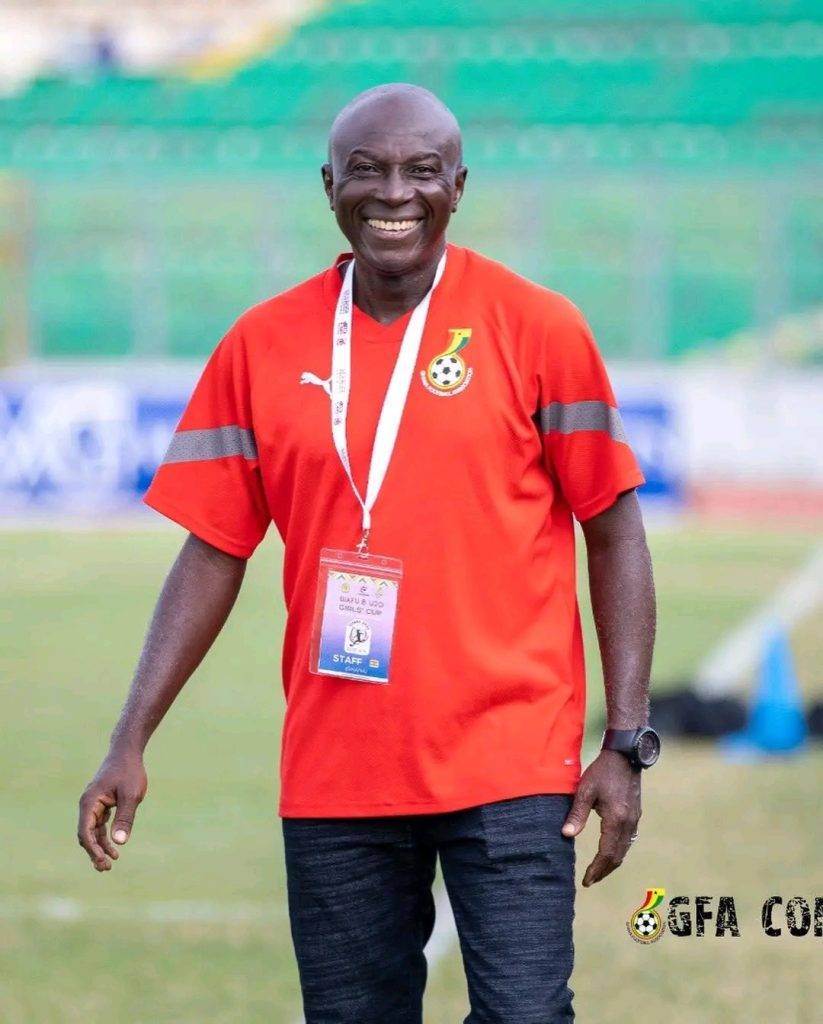

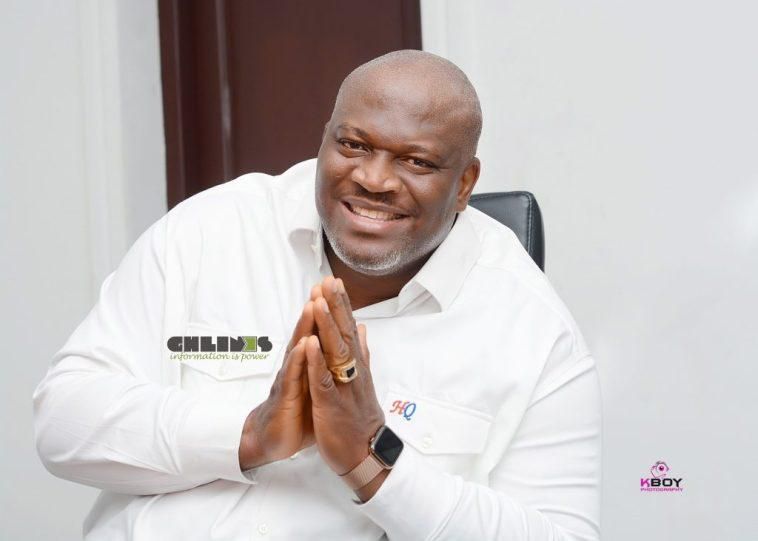
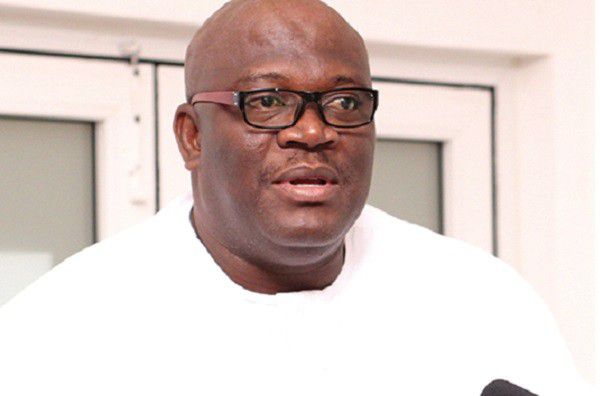



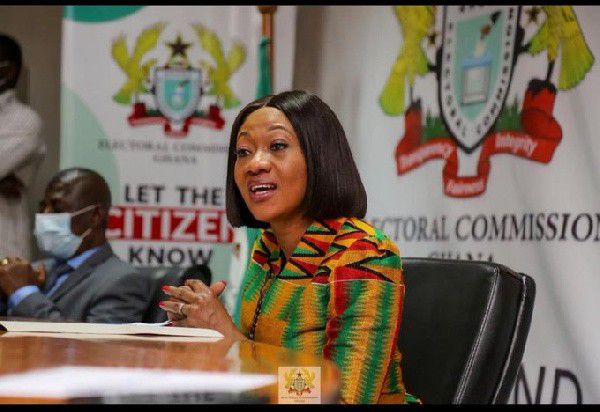

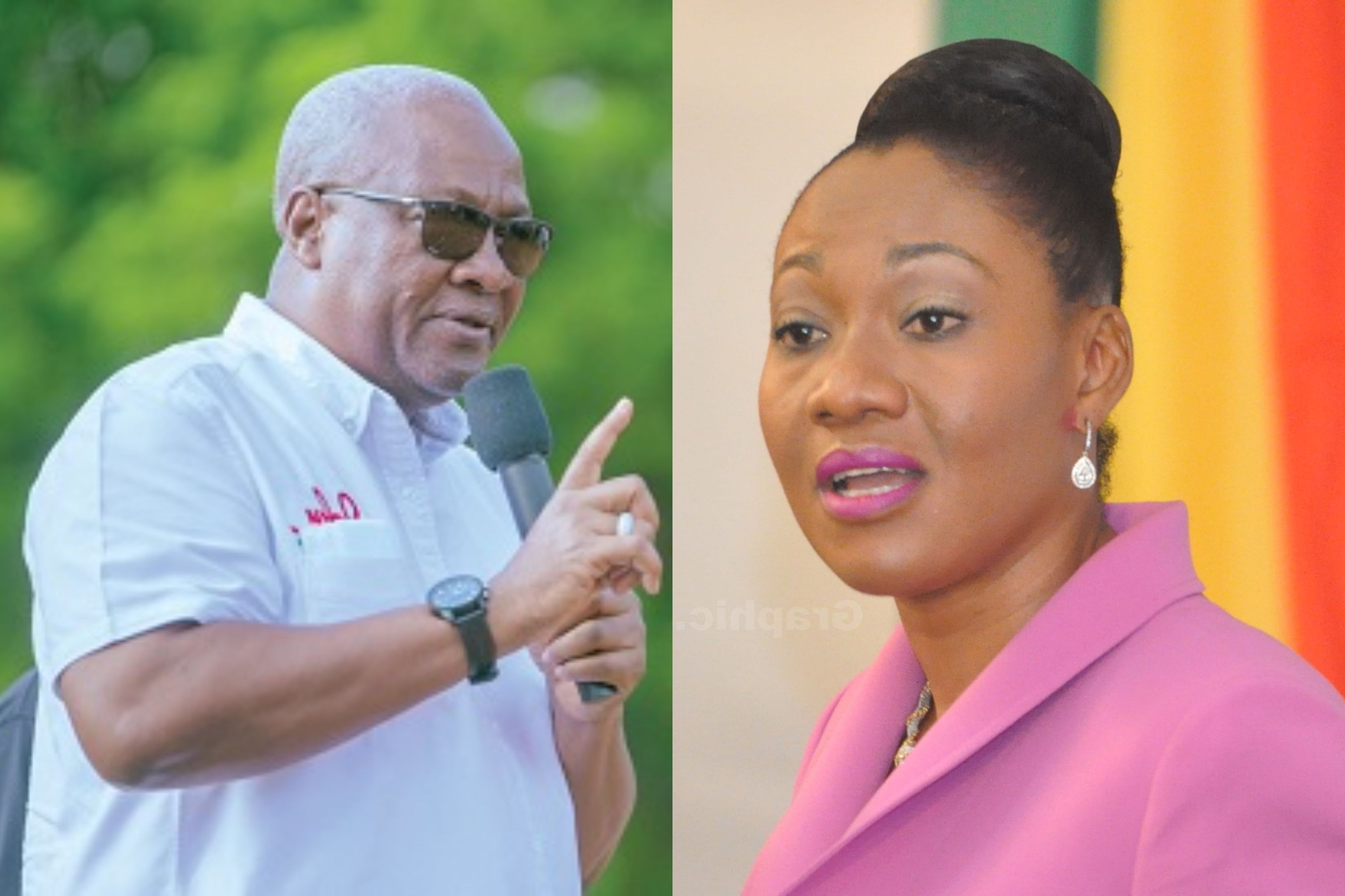

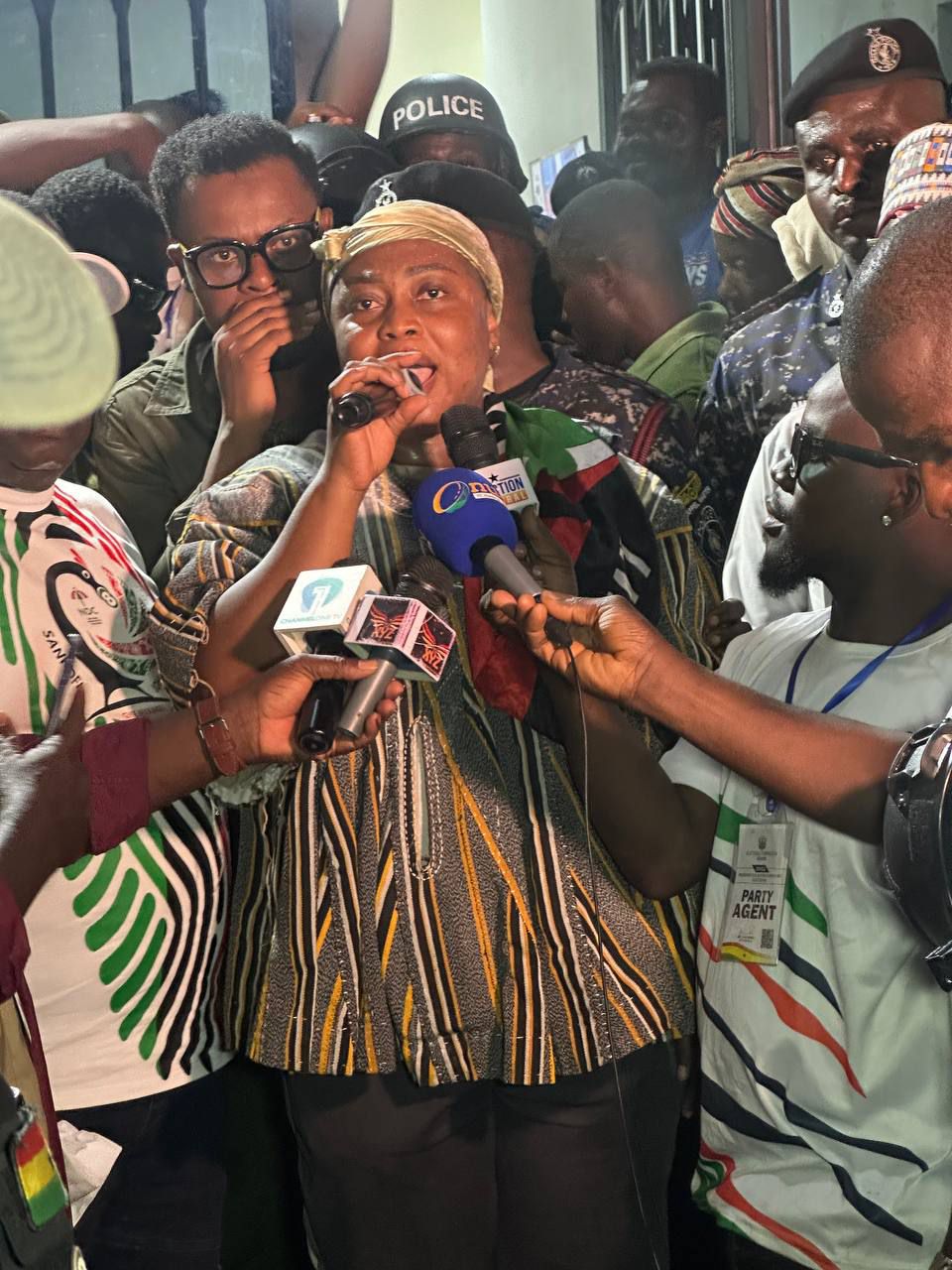
Facebook
Twitter
Pinterest
Instagram
Google+
YouTube
LinkedIn
RSS